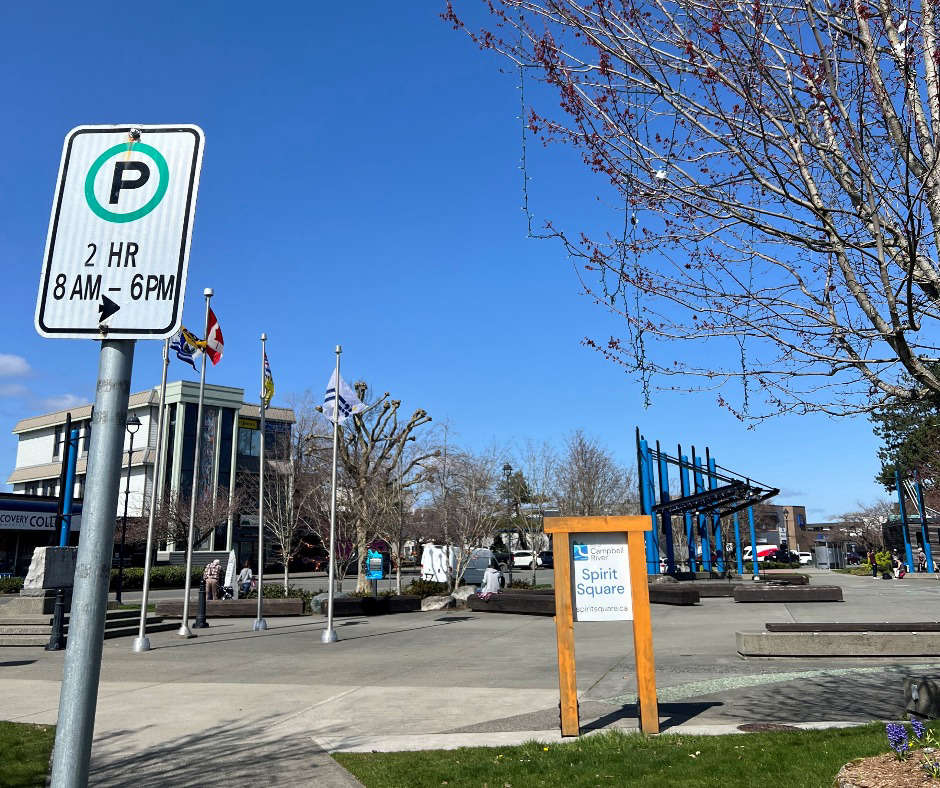
The BC and federal governments are providing more than $250-million dollars to help people with low or middle incomes reduce their energy costs.
Steven Guilbeault, federal Minister of Environment and Climate Change, and Jonathan Wilkinson, federal Minister of Energy and Natural Resources, announced a federal investment up to $103.7 million from Canada’s Low Carbon Economy Fund and the Oil to Heat Pump Affordability (OHPA) program to support climate action in B.C. and help people with low or middle incomes reduce their energy costs.
They were joined by Josie Osborne, B.C.’s Minister of Energy, Mines and Low Carbon Innovation, and George Heyman, B.C.’s Minister of Environment and Climate Change Strategy, who announced an investment up to $151 million from the Province of British Columbia toward this initiative.
“More and more British Columbians are ready to switch from fossil fuels to clean energy, while making their homes more efficient and comfortable,” Osborne said.
“We are working to make electric heat pumps and efficiency upgrades more affordable for low- and middle-income households across the province, helping them to save on their energy bills and build cleaner, more resilient communities.”
The money will be used to provide grants to enable residents to switch their home heating systems from oil, propane or natural gas to cleaner heating and cooling options.
Funding will also enable building upgrades for income-qualified homeowners and tenants through the CleanBC Better Homes Energy Savings Program, which aims to support the installation of heat pumps to reduce energy bills for low- and middle-income households.
Applicants could receive a rebate of as much as $16,000 to switch to high-efficiency heat pumps in homes currently heated with oil.
The changes will also apply to homes heated with natural gas and propane.
The funding boosts the existing rebate program by about 70 percent.
The CleanBC Better Homes Energy Savings Program also provides funding for home upgrades, such as the installation of energy-efficient windows and doors, insulation, and ventilation.
The program is estimated to reduce more than 40,000 tonnes of carbon dioxide equivalent in 2030.
The Province says that’s about the same as removing more than 12,000 passenger vehicles from the road.
To see the full release, visit Government of British Columbia.

 First Nation Leadership Council Calls For Conservatives To Pull North Island-Powell River Candidate
First Nation Leadership Council Calls For Conservatives To Pull North Island-Powell River Candidate
 North Island-Powell River All Candidates Debate At Sunday At Tidemark Theatre
North Island-Powell River All Candidates Debate At Sunday At Tidemark Theatre
 Cumberland Residents Are Encouraged To Report Incidents To The RCMP
Cumberland Residents Are Encouraged To Report Incidents To The RCMP
 Training Exercise Today At 19 Wing Comox And Seal Bay Nature Park Area
Training Exercise Today At 19 Wing Comox And Seal Bay Nature Park Area
 Campbell River Extends Downtown Parking Time Limits
Campbell River Extends Downtown Parking Time Limits
